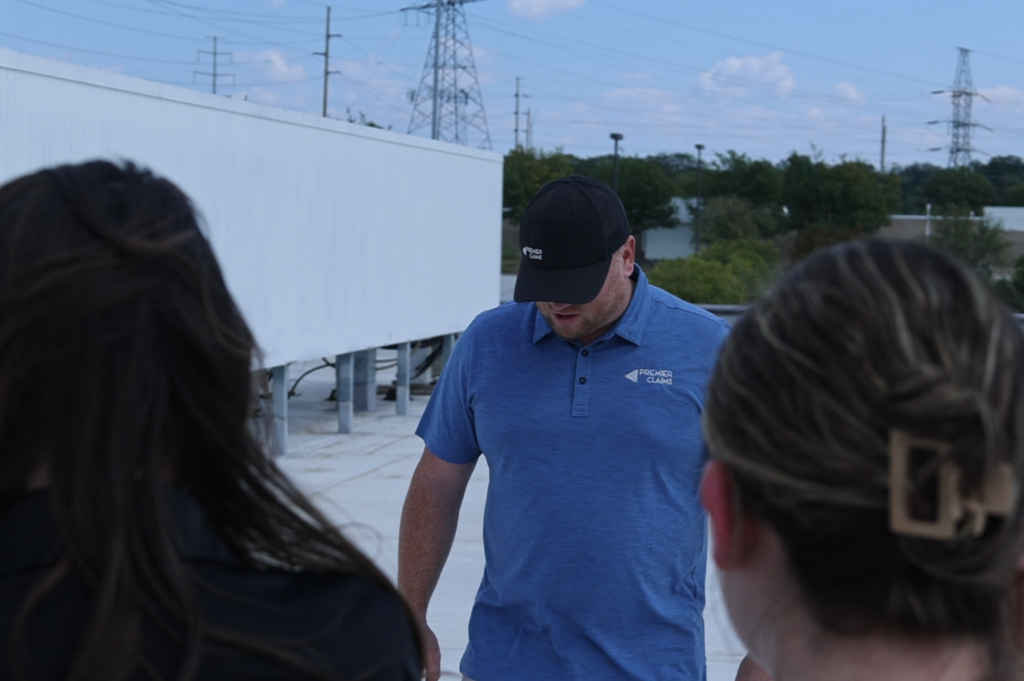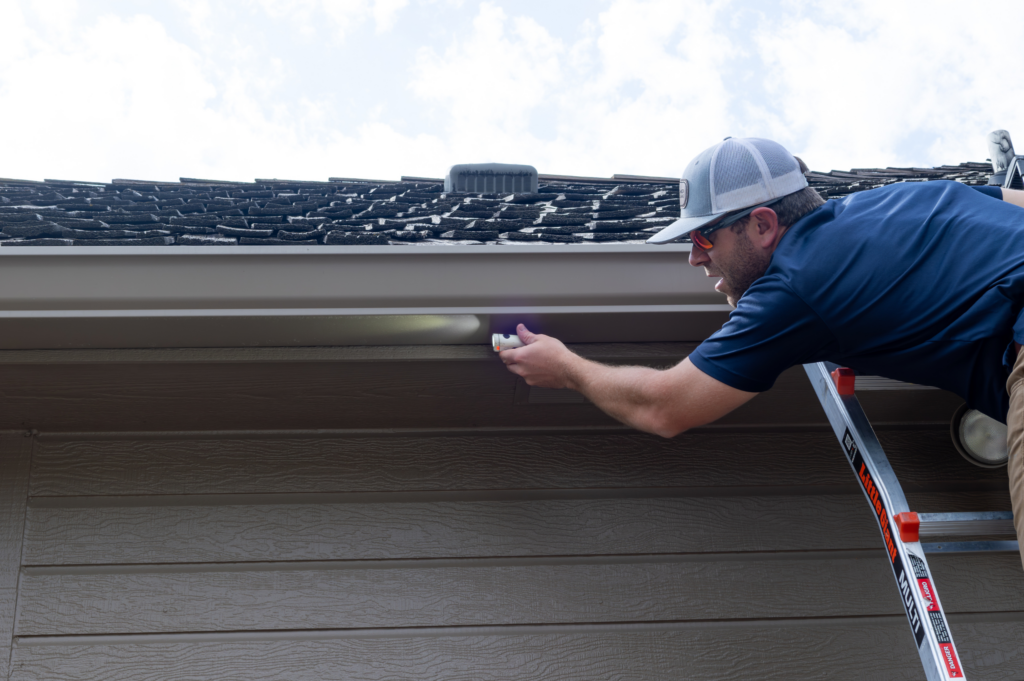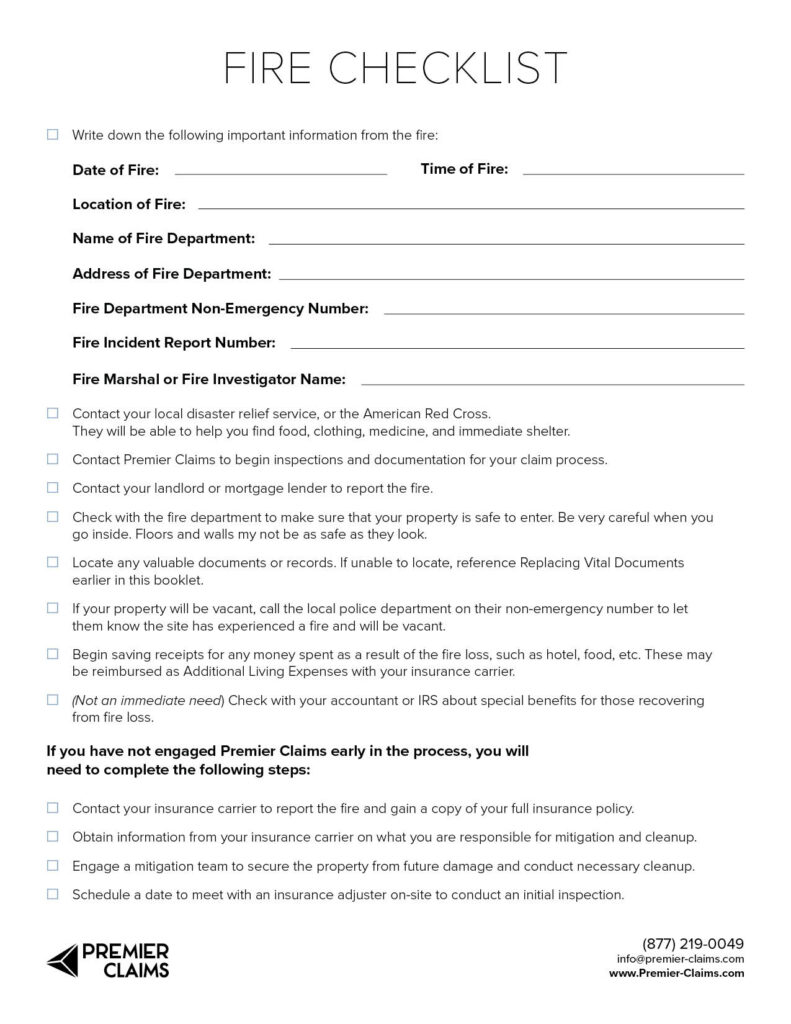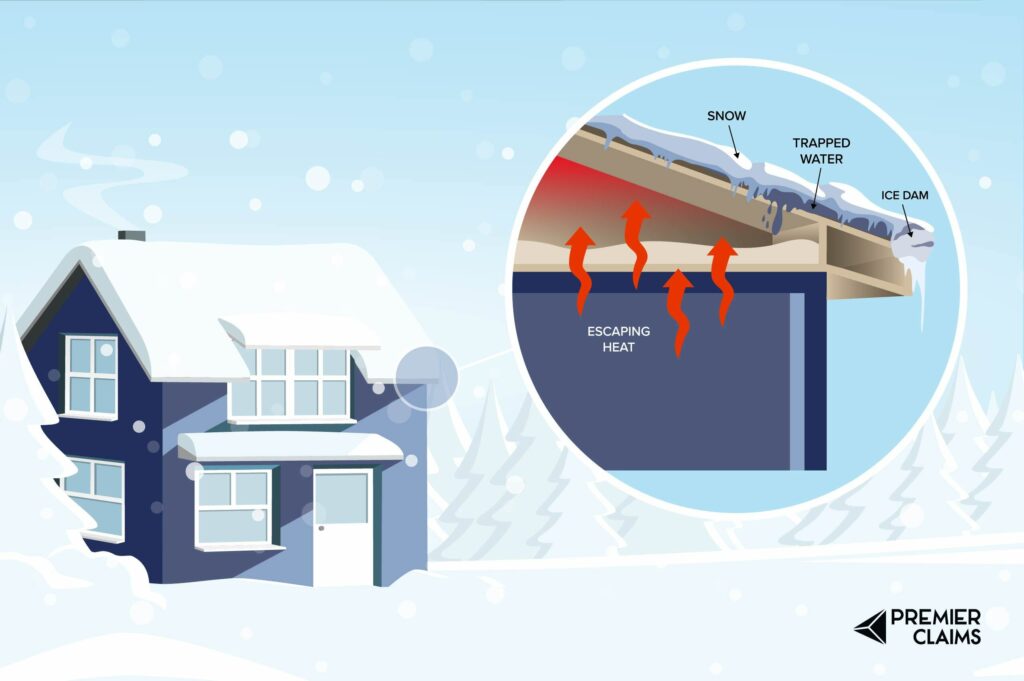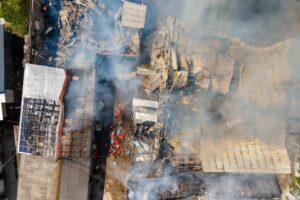Understanding when to hire a public adjuster is the first strategic move in your claim process. Every decision plays a role in the pursuit of fair compensation for your property damage. We unravel the layers of timing – from the initial moments of property damage to the complexities of denied claims.
Timely Claims Assistance
Understanding the Role of a Public Adjuster
Before going into the timing aspects, it’s crucial to comprehend the role of a public adjuster. These professionals act on behalf of policyholders, assessing and negotiating insurance claims aiming to earn a fair compensation for property damage. Their experience in the claims process can make a significant difference in the outcome.
Immediate Action after Damage Occurs
Swift action is vital when property damage occurs. While policyholders might be tempted to start the claims process independently, involving a public adjuster from the start can streamline the process. A public adjuster’s early involvement aims to make a thorough assessment of the damage, setting the stage for a comprehensive and well-documented claim.
Before Filing a Claim
Policyholders often question when is the right time to bring in a public adjuster. Ideally, it’s before filing a claim. By consulting with a public adjuster beforehand, you benefit from their expertise in evaluating policy coverage, estimating potential damages, and strategizing the most effective approach. This proactive step can significantly impact the outcome of your claim.
Denied or Underpaid Claims
If your insurance claim has been denied or you feel the compensation offered is inadequate, it’s not too late to hire a public adjuster. These professionals excel in reevaluating claims, identifying discrepancies, and negotiating on behalf of policyholders. Their involvement can lead to a fair resolution and the compensation you rightfully deserve.
Complex Claims and Policy Understanding
Insurance policies can be intricate, and navigating complex claims requires a deep understanding of the language and nuances within. Hiring a public adjuster becomes crucial when faced with intricate claims, aiming for every detail is thoroughly examined, and your interests are protected.
Premier Claims encourages policyholders to consider engaging a public adjuster early in the process or, if needed, at any point when challenges arise. Our team stands ready to provide the expertise and guidance necessary for the intricacies of the claims journey. Don’t wait; connect with Premier Claims today for a smoother, more informed claims experience.

